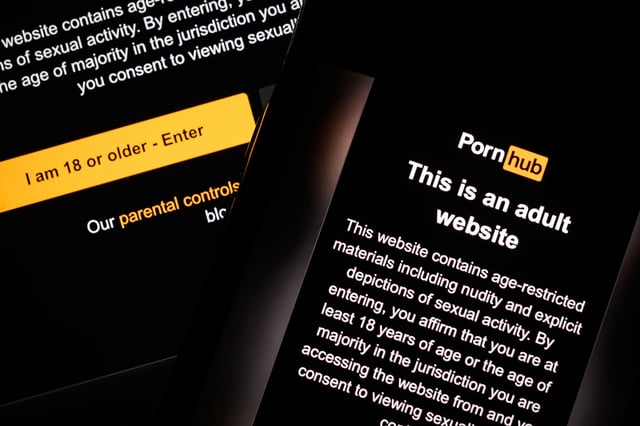Overview
- The Interstate Obscenity Definition Act (IODA) was introduced on May 12, 2025, by Senator Mike Lee and Representative Mary Miller, aiming to broaden the federal definition of obscenity.
- The bill removes the 'intent' requirement from the 1973 Miller Test, enabling federal prosecution of nearly all pornography distributed across state lines.
- Under the proposed law, content depicting sexual acts or appealing to prurient interests could be criminalized if deemed to lack serious literary, artistic, political, or scientific value.
- Critics, including civil liberties groups and First Amendment advocates, warn the legislation's broad language could criminalize consensual adult content and violate constitutional free speech protections.
- The proposal aligns with the Heritage Foundation's Project 2025, which seeks to eliminate pornography and hold technology platforms accountable for its distribution.



